AI, Ethics, and Citizen Input in Emerging Technologies
Research Seminar with Rafael Mestre
Rafael Mestre, Lecturer at the University of Southampton, an Alan Turing Institute Fellow and a Visiting Researcher at Northeastern University, presented his Research Seminar "AI, Ethics, and Citizen Input in Emerging Technologies" on Monday, June 17, 2024.
Abstract
Computational social science is revolutionizing how we study social behavior by using advanced computational tools and large-scale data analysis to reveal complex patterns and insights. In an era dominated by digital communication, the ability to analyze these interactions methodically is essential. A key aspect of this revolution is the integration of citizen participation, ensuring that analysis reflects diverse perspectives and promotes democratic inclusivity.
As emerging technologies like artificial intelligence (AI) advance, it is crucial to scrutinize them early in their development to avoid moral panics and ensure ethical implementation. Integrating input from citizens and other stakeholders from the outset can shape the trajectory of these technologies to better serve the public good. Democratic innovations, which facilitate this input and deliberation, are vital in this process, ensuring that diverse perspectives are considered.
Digital emerging technologies themselves can also facilitate this engagement. For instance, argument mapping and argumentation mining play a key role in enhancing these democratic processes by visualizing and analyzing complex discussions, making it easier to incorporate a wide range of viewpoints into decision-making and policy development. However, while these tools offer significant potential, they also carry risks of bias and ethical concerns. Improper implementation could perpetuate inequalities and skew decision-making processes, emphasizing the need for vigilant oversight and inclusive practices to ensure fair and equitable outcomes.
Flip through Rafael's slides here:
Bio

Rafael Mestre is a Lecturer at the University of Southampton, a Turing Fellow at the Alan Turing Institute and a Visiting Researcher at Northeastern University. He is co-director of the Centre for Democratic Futures (CDF) and Ethics & Governance lead at the Centre for Robotics at UoS. He specializes in the socio-technical evaluation and responsible development of emerging technologies, intersecting fields like AI, multimodal machine learning, political science, science and technology studies, robotics, computational social science and democratic innovations, and focusing on the ethical, social and policy implications of these technologies. He currently leads mixed-methods projects like "Biohybrid Futures", studying biohybrid robotics, and the RAI UK International Partnership RAI4MH, focusing on AI fairness and bias in mental health, in collaboration with Northeastern University. Much of his previous research efforts were focused on computational social science (and argumentation mining in particular) using multimodal machine learning methods (text-as-data, image-as-data, audio-as-data). He is also interested in democratic innovations, collaborating in the study of digital tools for public deliberation and implementing democratic innovations like citizens’ assemblies or mini publics.
Keynote and Industry Speakers
Northeastern University Speakers
Agenda




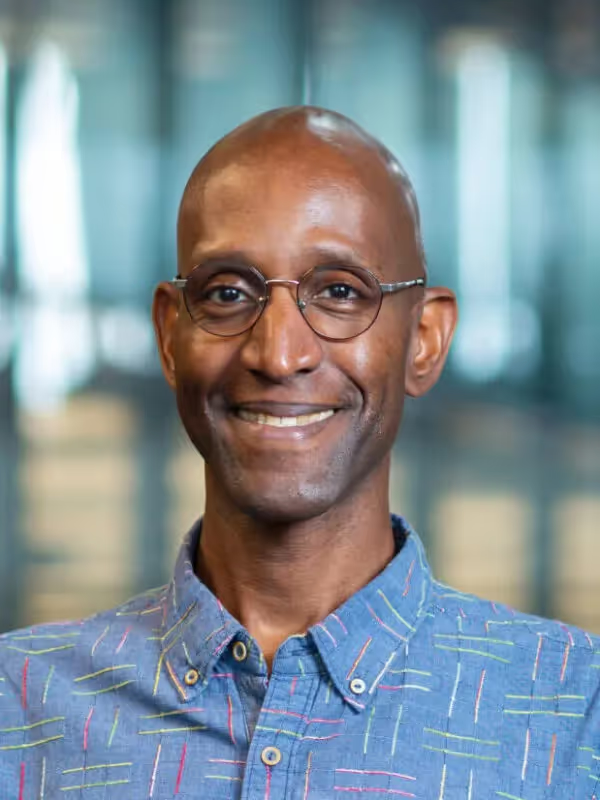
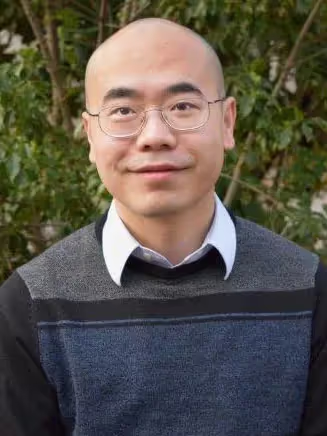



.avif)







%20circ.avif)




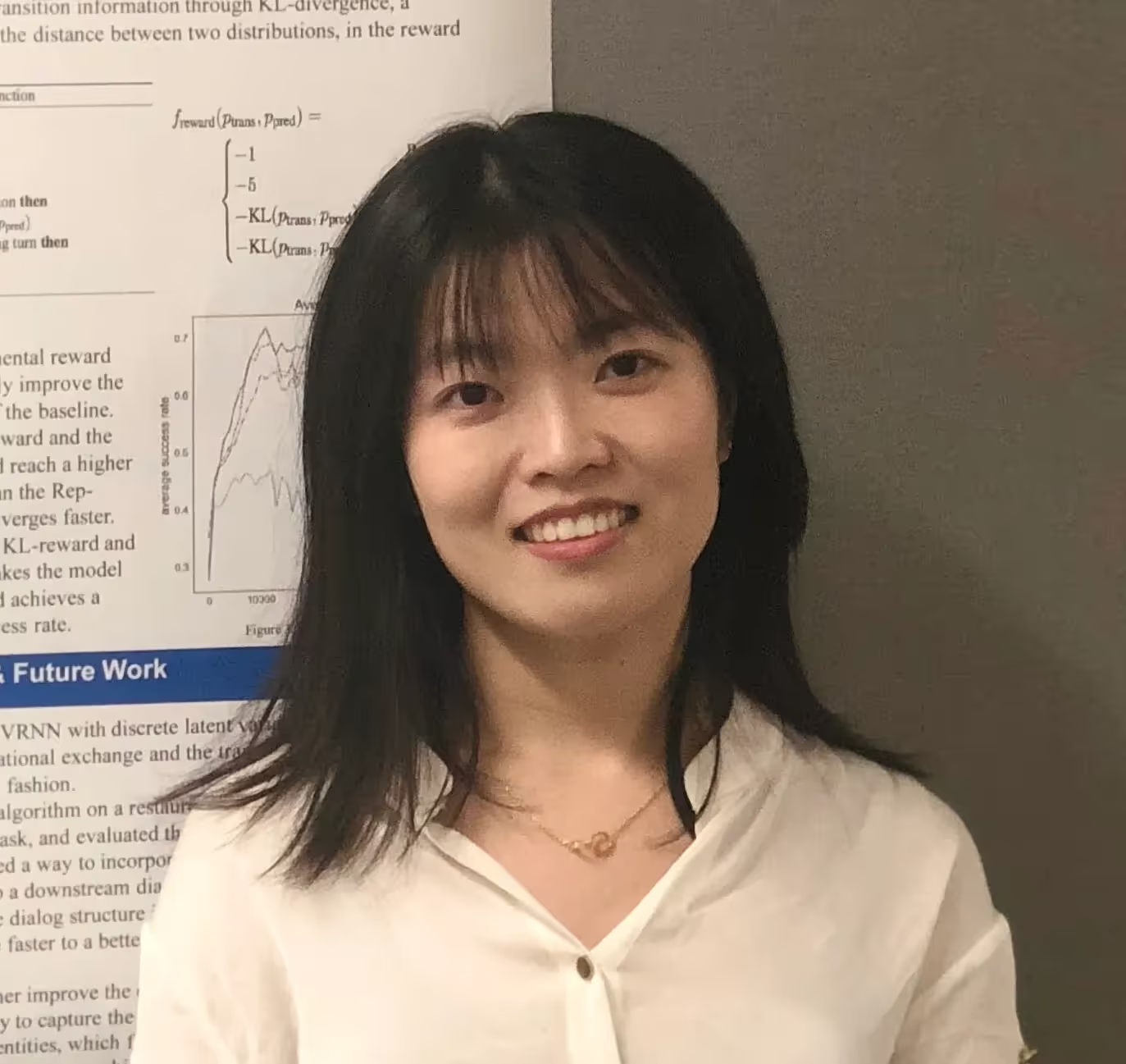

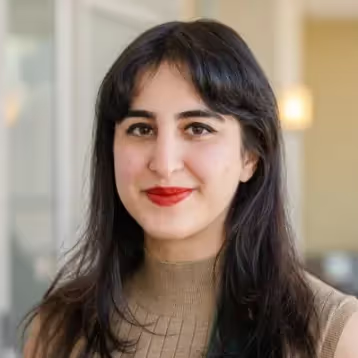




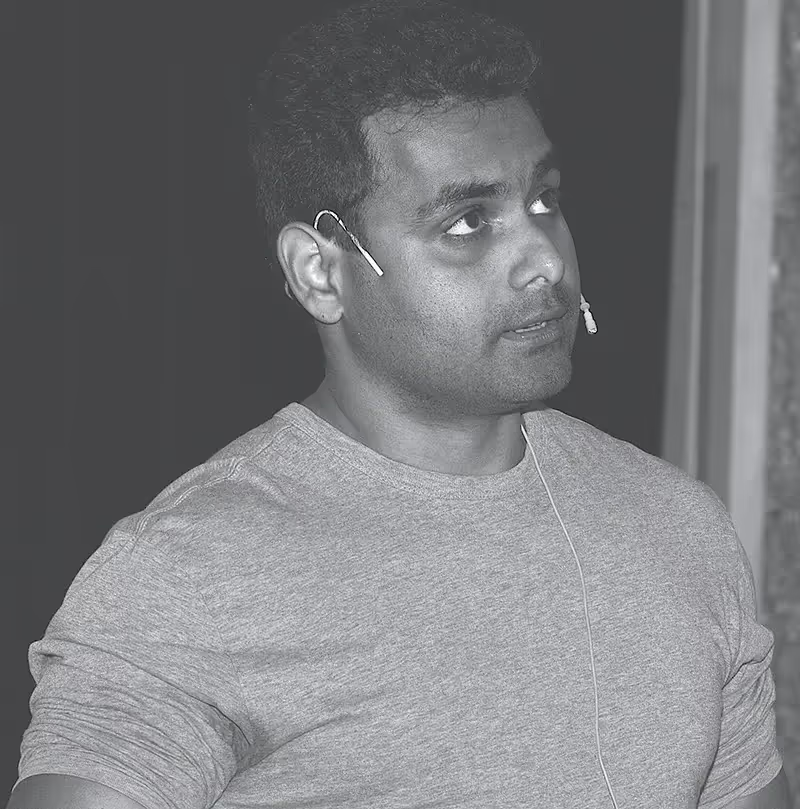



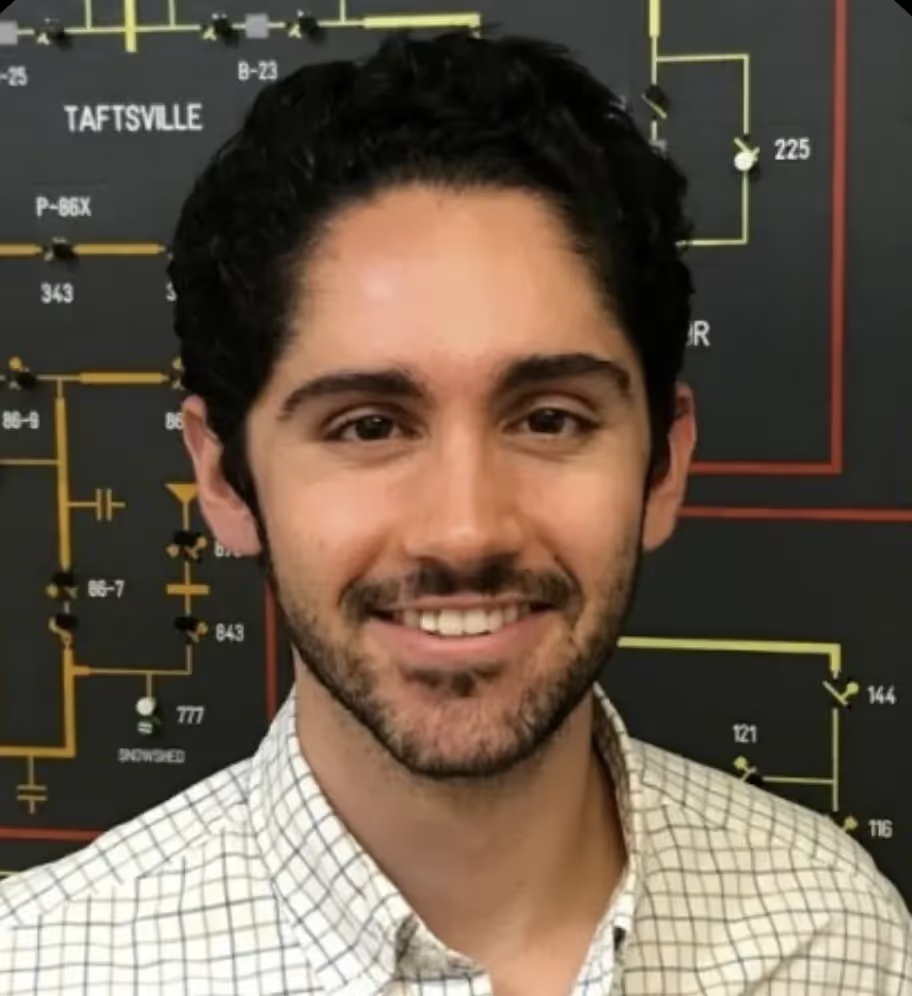













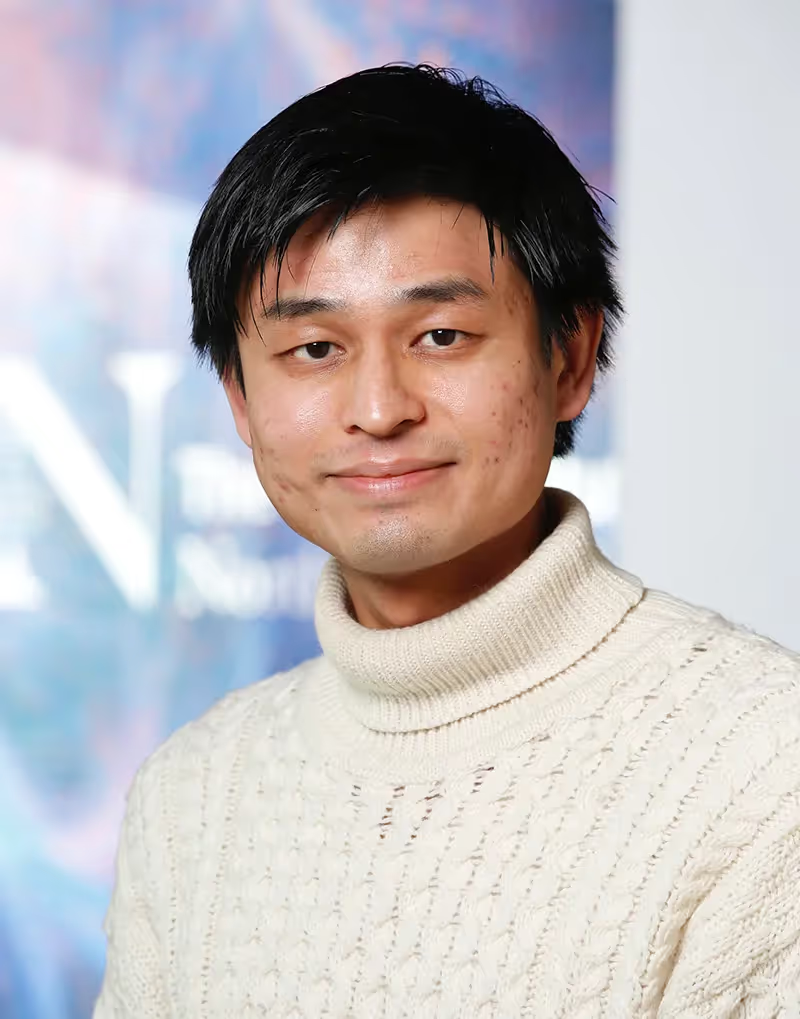



.avif)
.avif)

.avif)



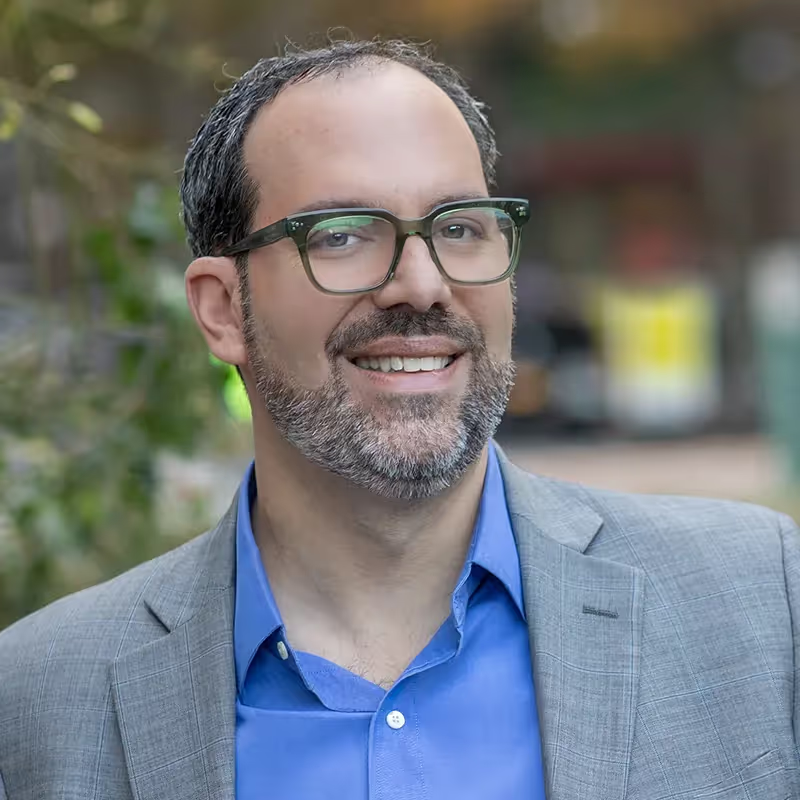
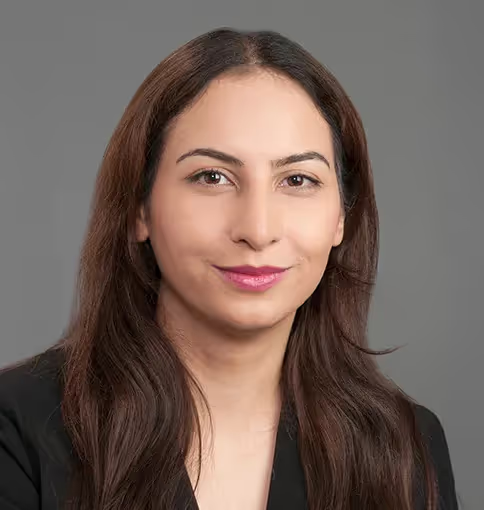








-p-800.avif)















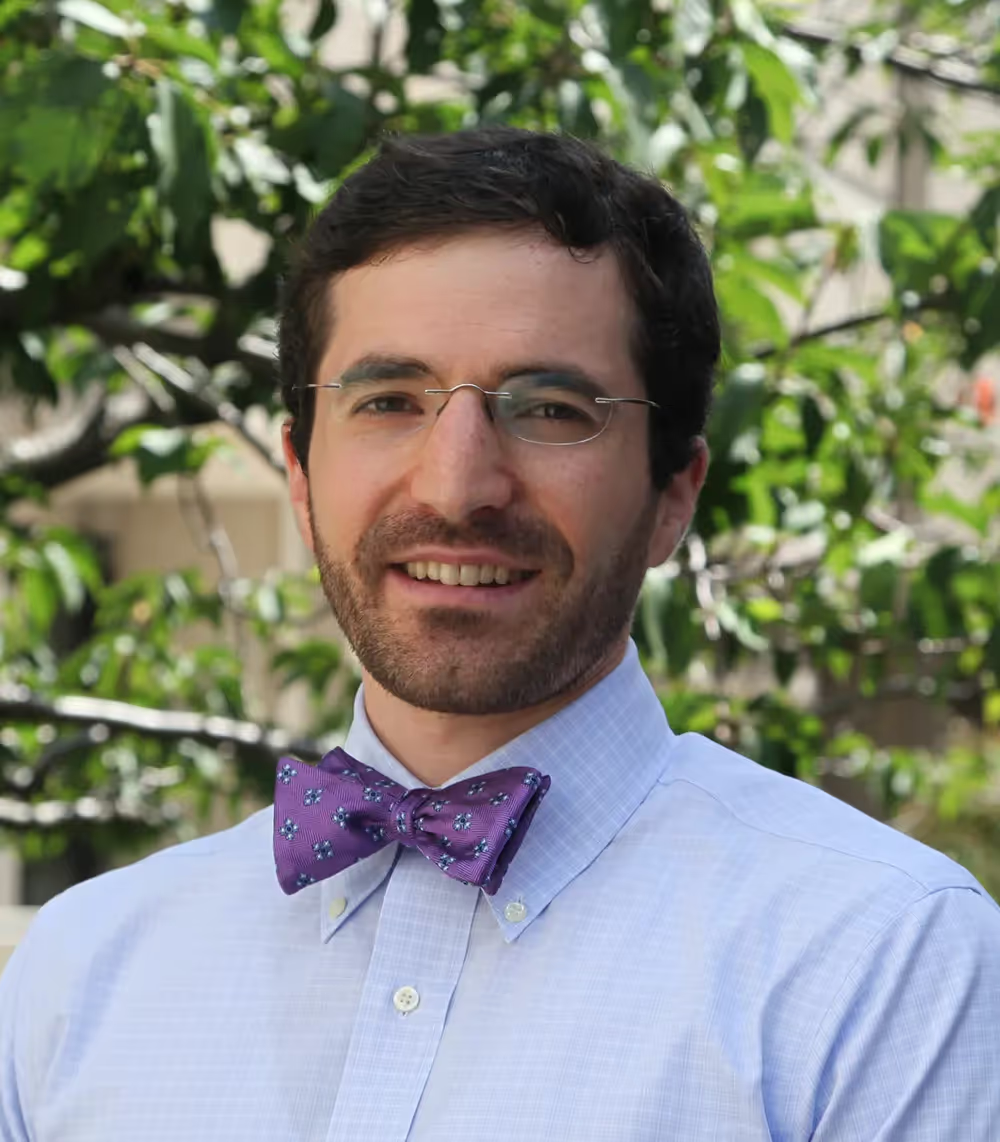

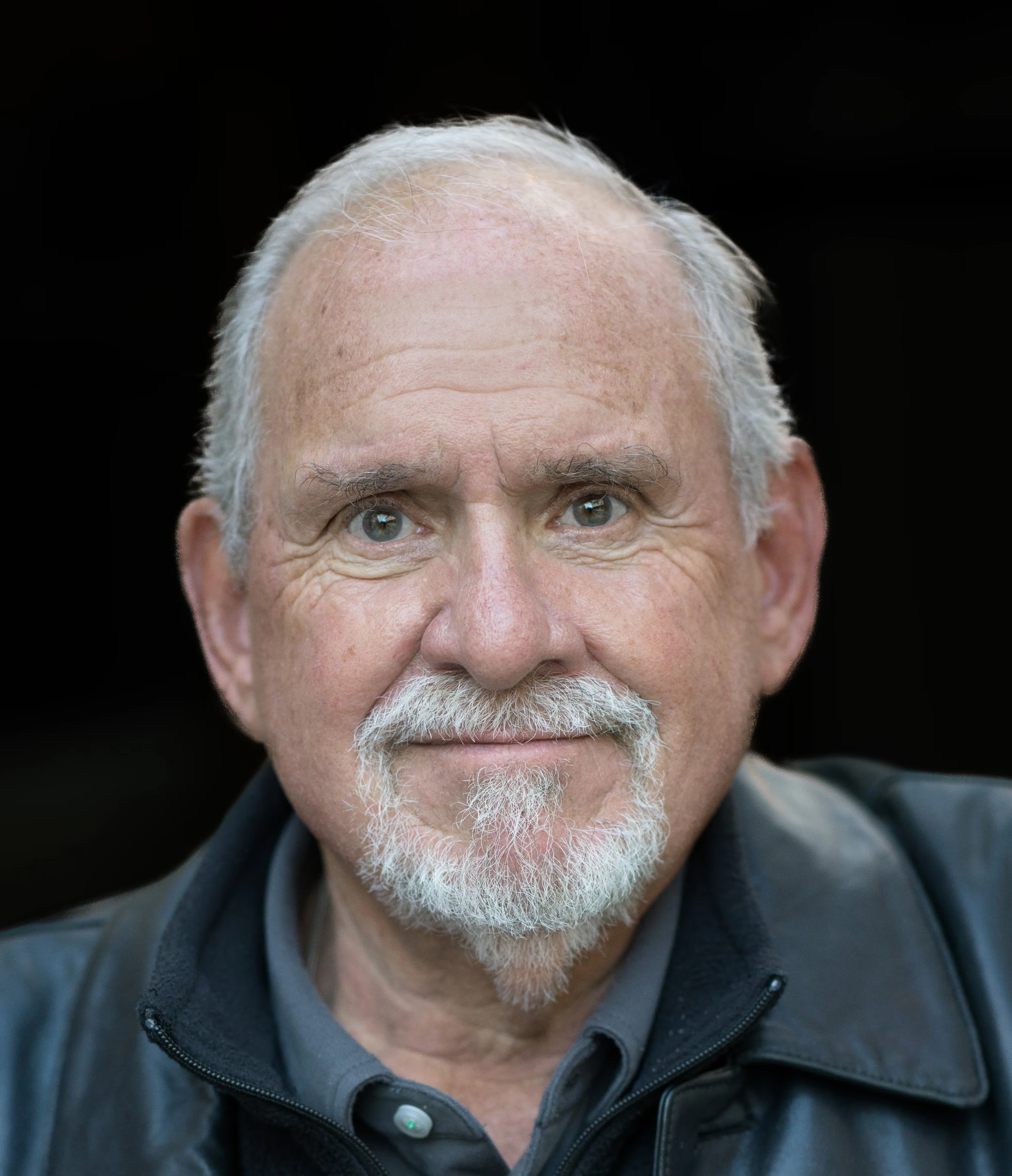









.avif)





